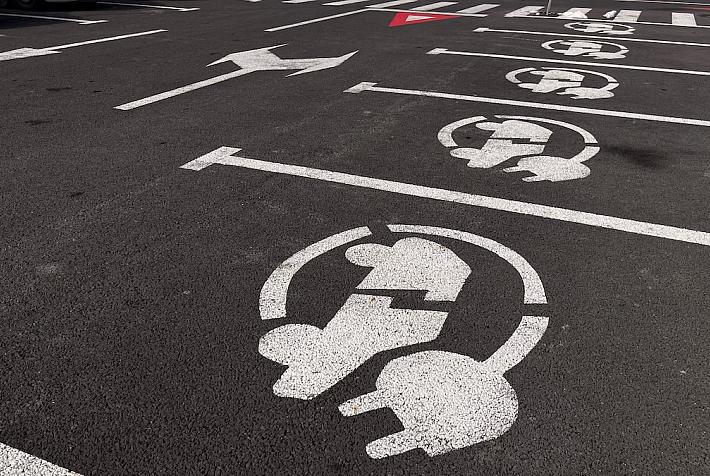Romanian Parliament passes tighter regulations for banks

Romania’s Chamber of Deputies on December 19 passed three bills with major impact on local banks, which will be sent to the president for promulgation.
Under a first law, the loan interest rates are capped, local Profit.ro reported. Thus, the banks will be allowed to charge interest rates for mortgage loans at a value of at most the monetary policy interest rate plus 3 percentage points (pp). The maximum interest rate for consumer loans was set at 50% for the loans of up to the equivalent of EUR 3,000 and 18% for the larger loans.
The provisions do not apply to outstanding loans at the moment the law is enforced, except for the case when unpredictable situations resulted in abnormally constrictive conditions for the debtor.
A second law regulates the regime of non-performing loans: the buyer of such loan can only request from the debtor at most twice as much as it paid to the initial creditor (this is relevant for consumer loans sold by banks at deep discounts, of up to 95%). Furthermore, the debtor is entitled to pay double the market price of the NPL to the new owner of the receivable and be required no further payment.
Under a third law, the power of creditors is weakened in the sense of having to ask court’s endorsement for enforcing their claims. Separately, the claims including penalties and interest can not exceed by more than 50% the principal of the debt at the time of the default.
The three laws were promoted by former liberal senator Daniel Zamfir, who called them the laws “against usury”.
Romanian Govt. mulls over supplementary tax on bank assets
editor@romania-insider.com
(photo source: Pixabay.com)












